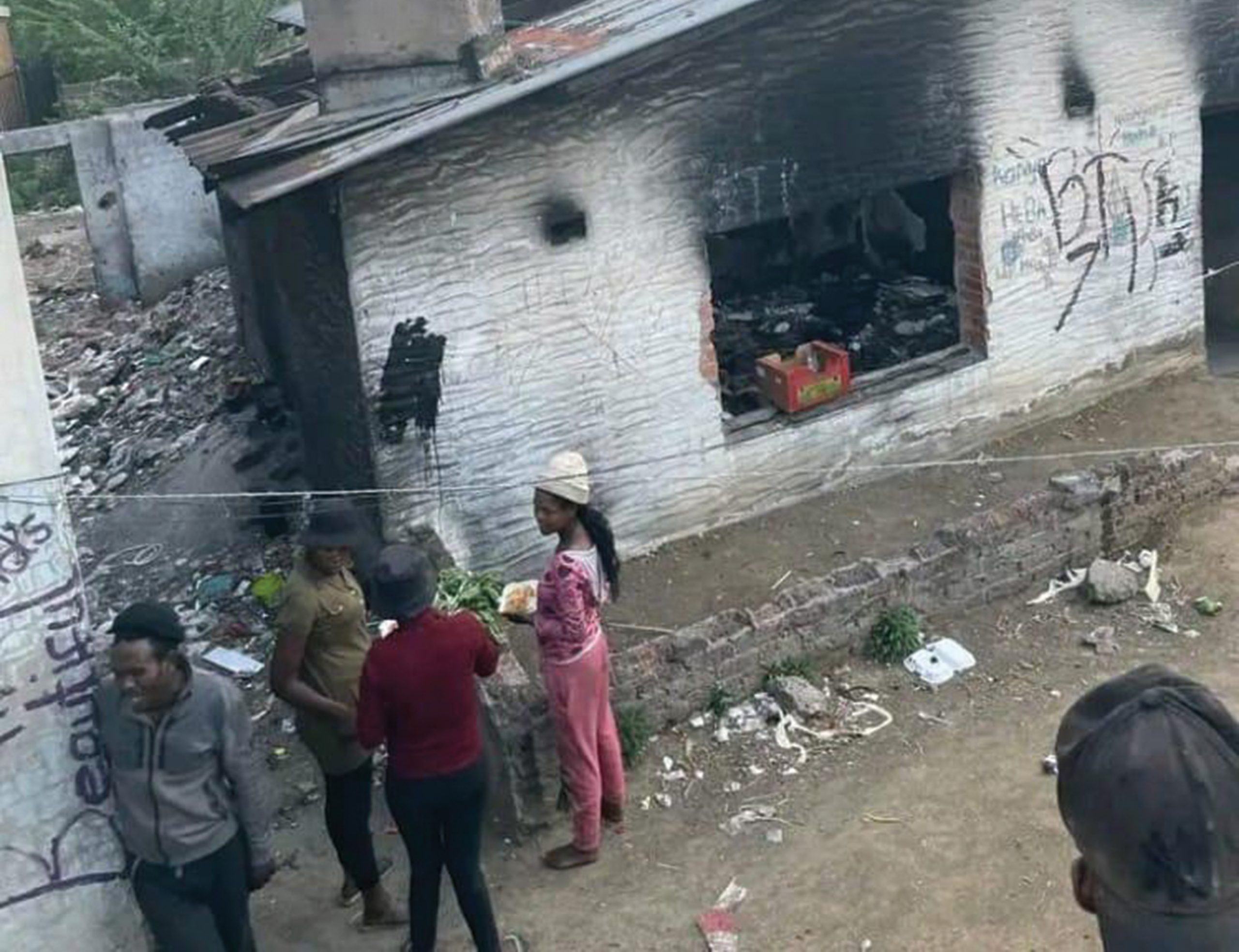Itumeleng Lipala and Mamokone Machabe
MASERU
A multitude of factors contribute to the globally rising numbers of people living on the streets. On a global scale, poverty is one of the most significant root causes of homelessness and some of the push factors include domestic violence, unemployment, lack of education, discrimination, family disintegration and many other issues.
Life on the streets expose those people to the world of drugs, sexual abuse and most importantly; to committing a whole lot of different crimes which pose a very huge thread to the community. The message of this article to the specific readers; Social welfare and social aid organizations in Lesotho is that the lives of the homeless people matter too and they should as well be taken into consideration.
The action needed for this matter is that those relevant to these kind of situations should help the homeless people with all the needs they require for a better life, it is insisted that they should be given the contraceptives so they could protect themselves as well as being offered education by those health organizations on how to use them wisely.
Ms Sibongile Mohlekoa and Dr Ts’epang Majara, the psychologist at Mind Liberation Psychology Consultancy both said that the other factors that may influence people to end up living on the streets are; personal issues, violence at home, peer pressure, spirituality,parenting styles,being neglected at home. Children sometimes feel like it is their fault when there is violence among their parents so they run away from home to look for peace elsewhere. They are not able to voice out their struggles because most parents do not see a need for them to be heard.
They both added that in order for teenagers not to end up living on the streets, they should be taught the rightful life skills first at home. It is the parents’ duty to enable their children to be able to open up and talk about all the issues they deal with by themselves, parents should as well advice their children to talk to professional psychologists about their problems.
They advised that parents should be aware of how they parent their children as that may also be a push factor for the homelessness. Parents should stop being too permissive and too strict towards the children because they end up adapting bad behaviors in their homes and towards their peers.
They furthermore added that it is the community’s responsibility to find out what are the main issues to end up on the streets and offer help to those homeless people. Dr Ts’epang Majara and Ms Sibongile Mohlekoa also said that only 2 out of 10 people, especially teenagers have consulted.
It came to awareness that people who live on the streets have joined themselves as both different genders, staying together under the same roof and they are at the highest risk of spreading infectious diseases among them as well as unintended pregnancies and unsafe abortion. We are pleading to those relevant to kindly have mercy and take action against those terrifying situations. This can also benefit their education and create opportunities for them to participate more fully in society including paid employment.
The article talk to businesses to assist where they can by all means to distribute all kinds of available contraceptives to those people and also allow them to receive the accompanying education that will allow them to make safe decisions for themselves and their partners. Lack of sexual health information can lead to people to make bad decisions that can impact their health.
The homeless matters too and they should as well be taken into consideration, hence it is important for the social welfare and social aid organizations to offer a hand in assisting those people change their lifestyles to become better for good.
The vast majority of homeless people do get back on their feet over a relatively short period of time if they get support. The article talks to those specific organizations to consider the lives of the homeless people.
The Population Services International – Lesotho was interviewed about the distribution of the contraceptives and they responded that while they were still operating, they were distributing the contraceptives to the homeless and the community as well. They added that they no longer distribute them at community level since their contract ended in September 2022.


